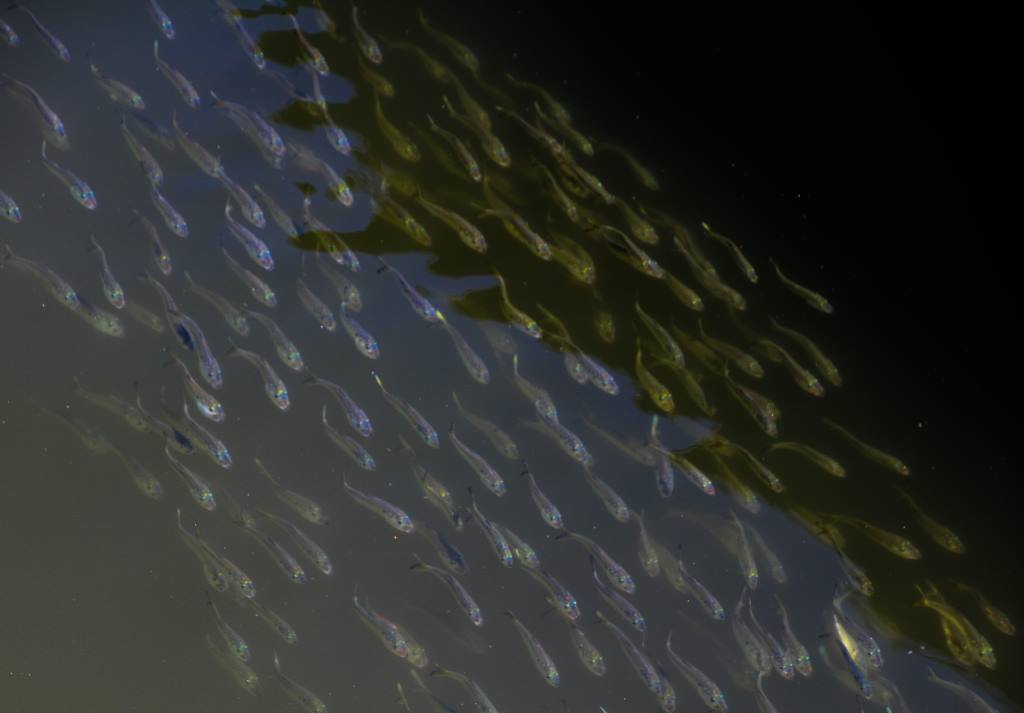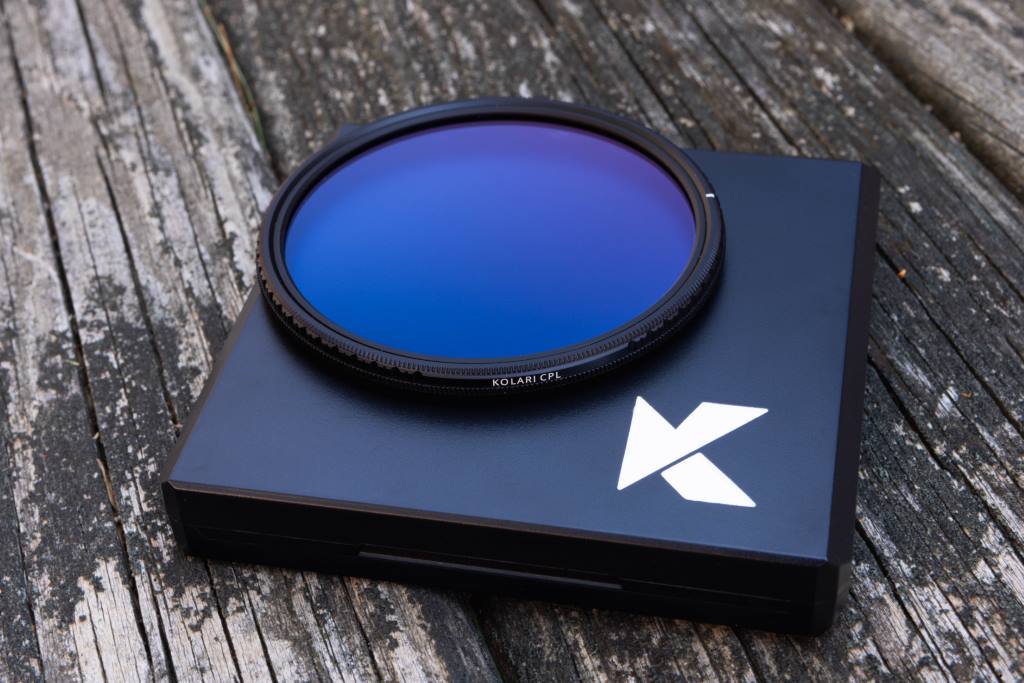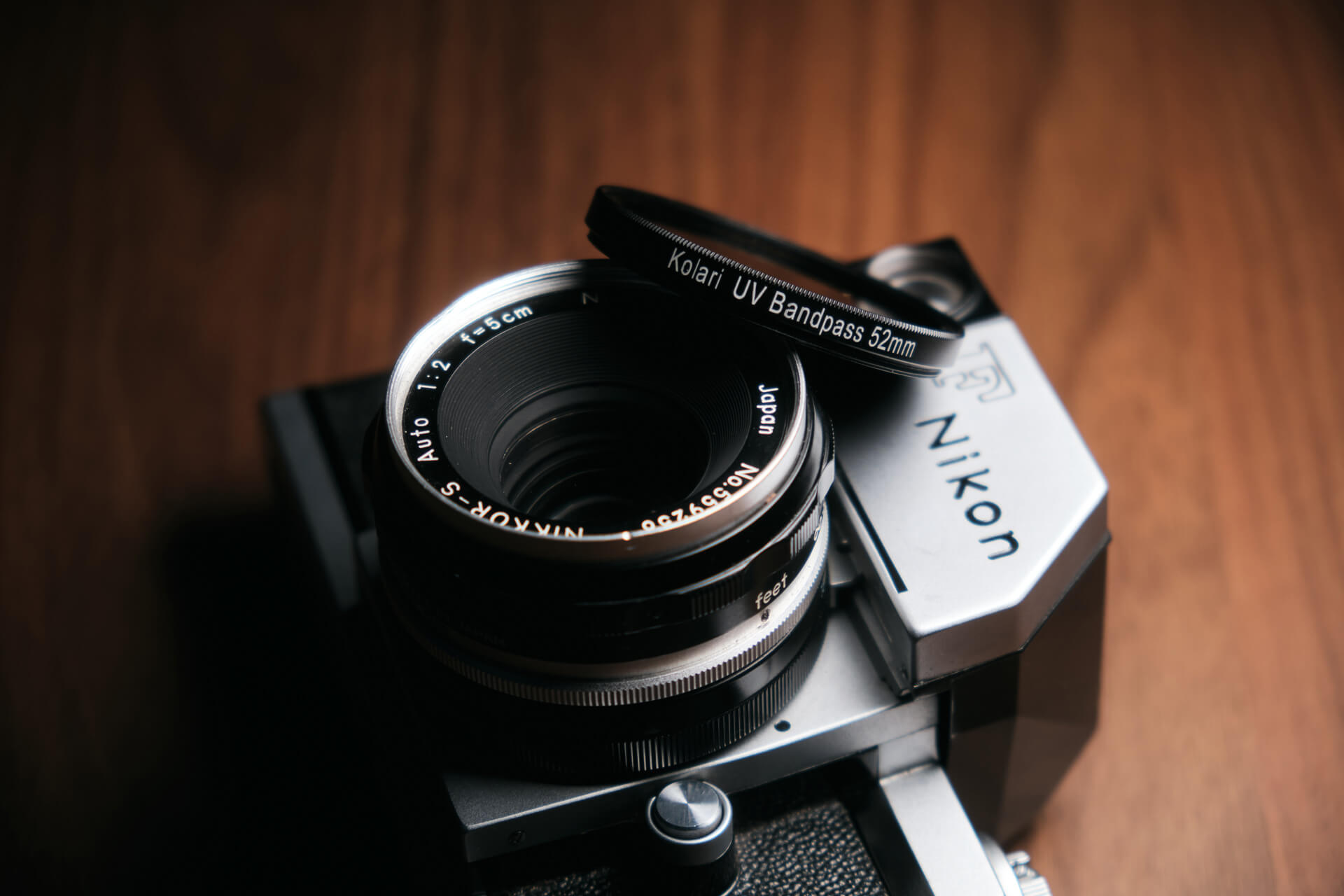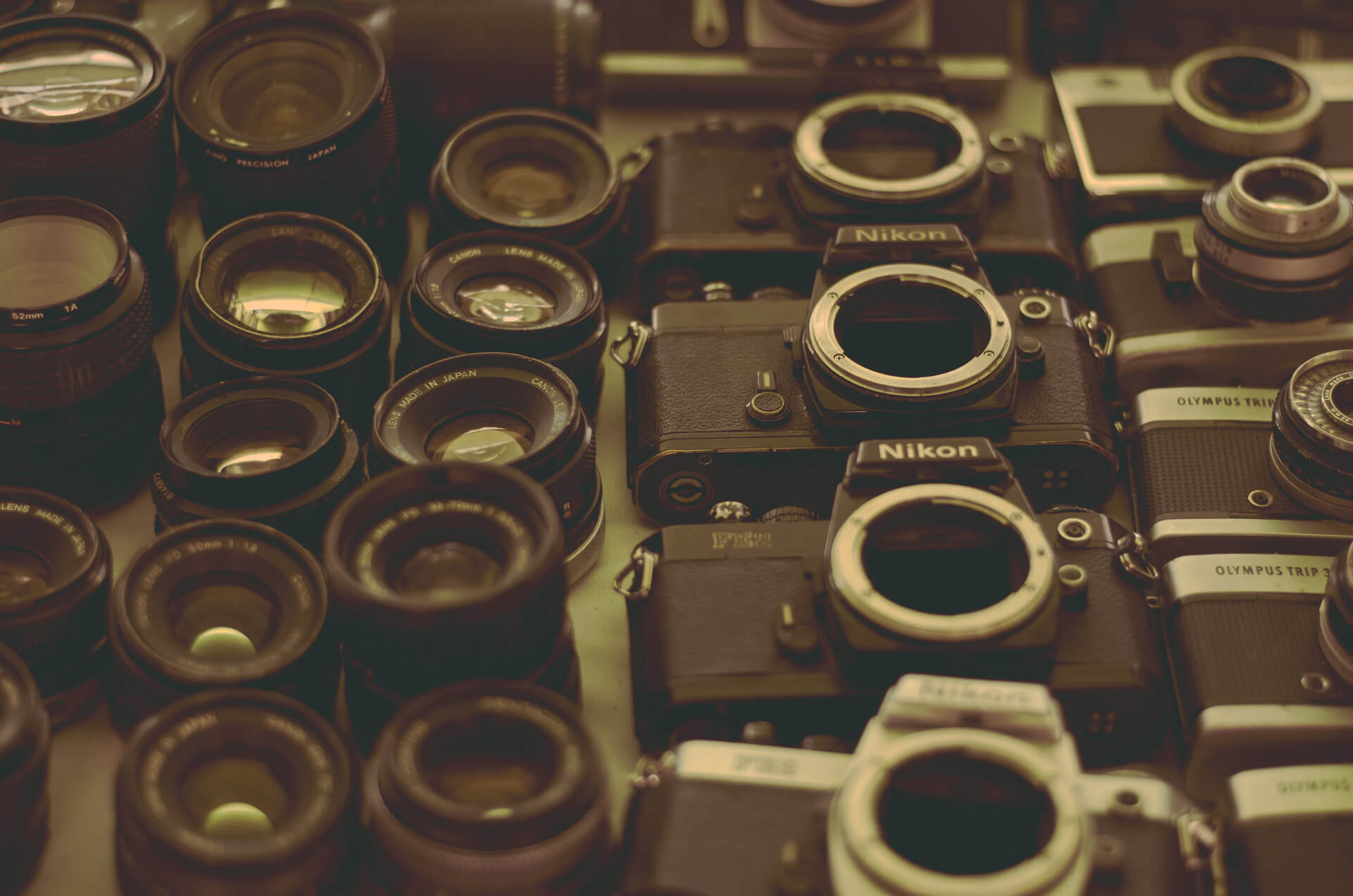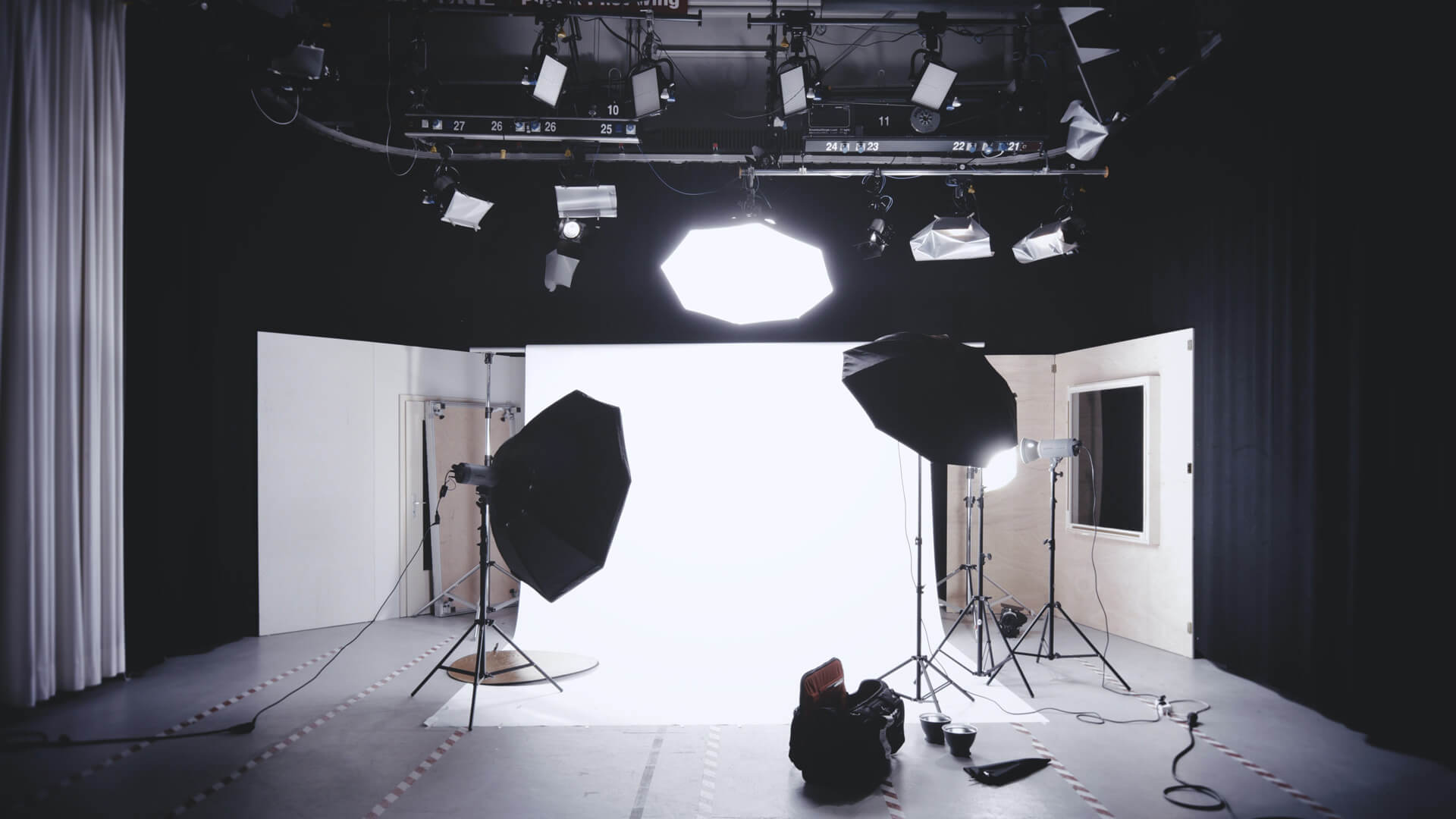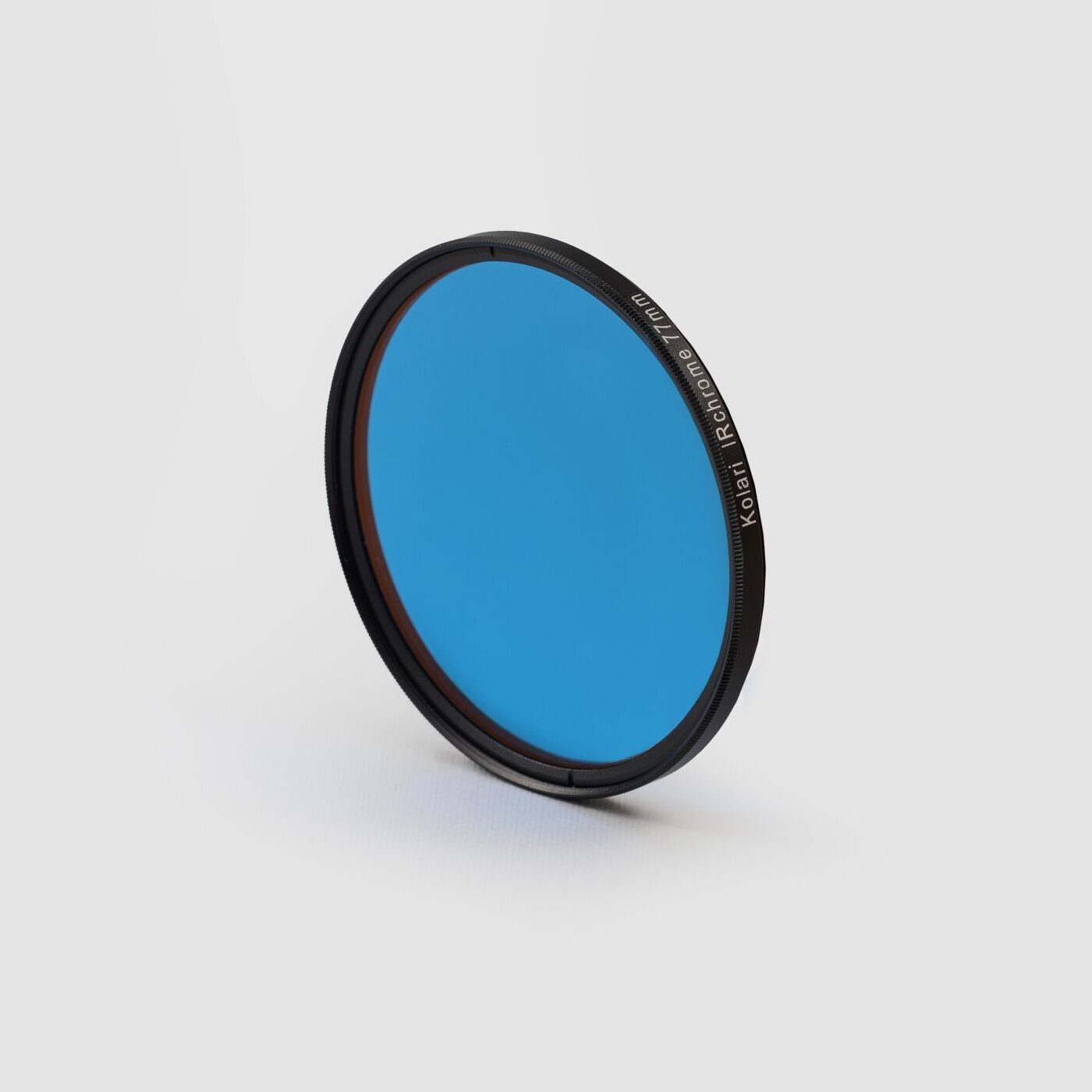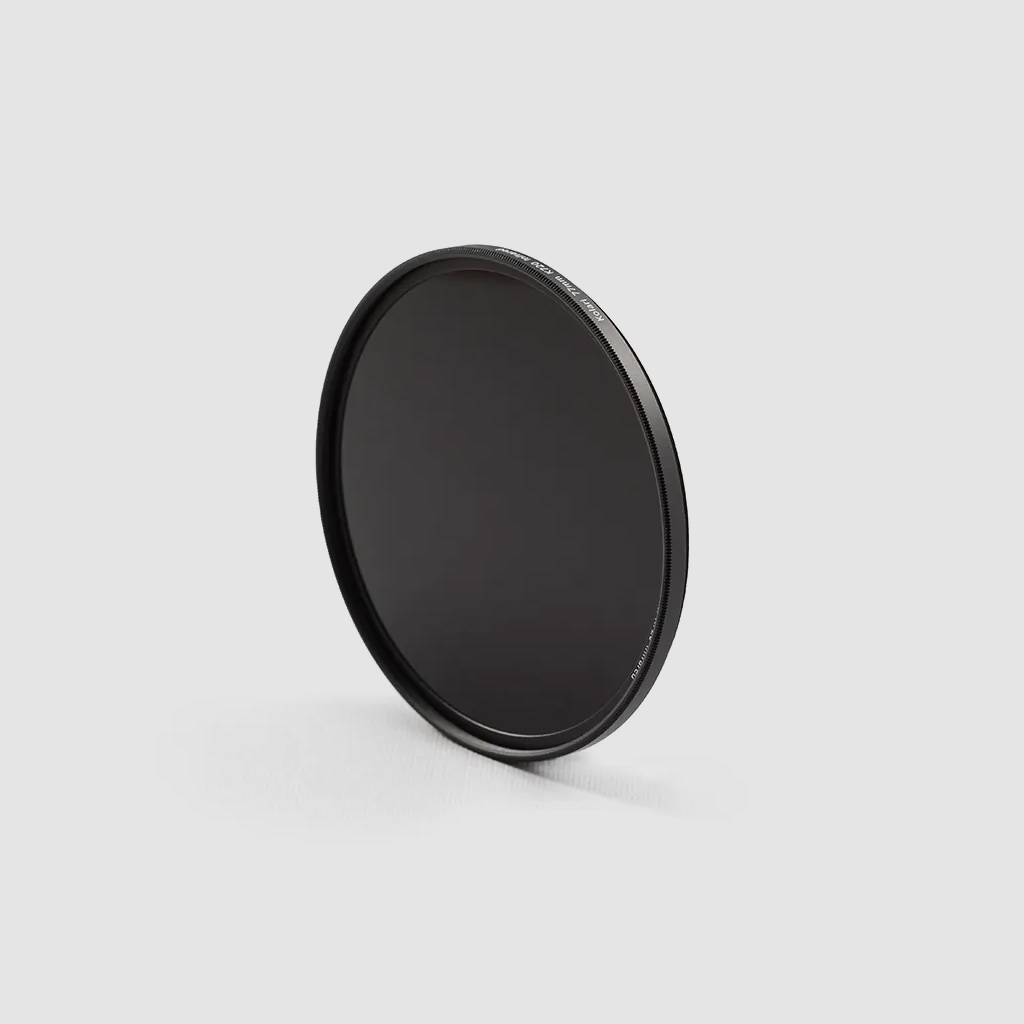There are so many different types of filters–and even more varieties within the different categories–that it can be hard to decide between them all. So how do you know which ones to invest in? In this article, we walk you through how to choose the best CPL filter for you.
What is a CPL?
Light moves in waves. Untouched lightwaves move in all directions within a 3-dimensional space, but when an abundance of light reaches a highly reflective surface, it becomes linearly polarized and begins radiating in one direction. This is what creates unwanted reflections in water, windows, metallic surfaces, etc., and ruins your otherwise perfect photos. A circular polarizer, or CPL, allows you to separate this unwanted polarized light from the rest. Click here to read more about how CPL filters work. A high-quality CPL filter will boost the contrast and color saturation of your images in camera, but a lower quality filter may impart an undesirable color cast, leaving your image with inaccurate colors. It is also important to note that a good quality CPL will decrease the amount of light in your image by 1-2 stops depending on the degree of polarization used. Low-quality filters, on the other hand, may not be as effective at blocking out polarized light.When to use
CPL filters are very versatile in how they can help to improve your photographs. Whether you are shooting glass, windows, or metal that give off a nasty glare or water riddled with unwanted reflections, a CPL will help to remove this, giving your images more detail and clarity. They can also cut through atmospheric haze caused by moisture or pollution in the air, darken overexposed skies for deeper blues, and even boost the color saturation of your image. To get the maximum benefit of your CPL, you’ll want to make sure your subject is at a 90-degree angle from your light source. If your primary light source is either in front or directly behind you, your filter may have little to no effect. To determine the correct angle, make an “L” with your thumb and index finger and point your thumb towards the light. Your index finger will then be pointing where your scene will be most evenly covered by the polarization of the filter. Remember, also, that you don’t always need to use your CPL at its maximum value. Experiment with the effects created by its varying degrees of polarization to find the one that’s right for your scene. Take a look at our Top Reasons You Need a CPL Filter for a more in-depth look at all the ways a circular polarizer can enhance your photography.How to choose
As with all filters, when buying a CPL, you want to be sure to look for a high-quality filter. This means strong, high-quality glass, top-quality coatings, and a sturdy ring. CPLs have a rotating element, so you will want to invest in a high-quality filter to ensure the front ring rotates smoothly.
Our Kolari Pro CPL consists of two pieces of premium-class glass coated in our signature Anti-Reflective (AR) and Anti-Smudge (AS) coatings. The AR coating increases light transmission and reduces flares and ghosting, while the AS coating is hydrophobic, dust-resistant, scratch-resistant, smudge-resistant, and lends itself to effortless cleaning. Our CPL is fitted in a slim aluminum ring to reduce vignetting when using wide-angle lenses or when stacking filters. The ring is constructed for superior lens threading, and the aggressive grip knurling allows for easier filter removal.
Our Kolari Pro Dark CPL boasts all of the same features as our regular CPL but with the addition of a built-in 5-stop ND.
*Trying to shoot in infrared? Our Kolari Pro CPL and Kolari Pro Dark CPL work with up to a 720nm filter.
To stay up to date on new releases and updates, be sure to subscribe to our newsletter.
Visit our shop to learn more about our CPL filters and other products to see if there’s something there for you.
